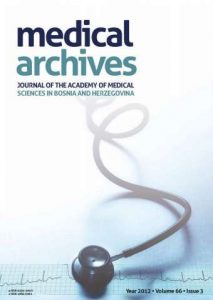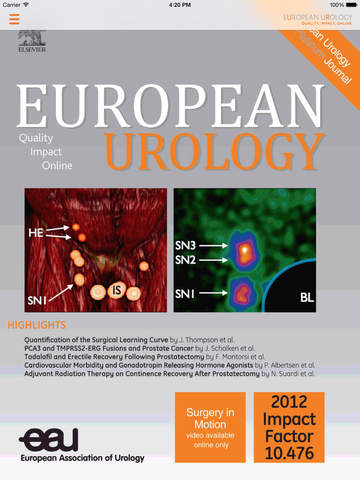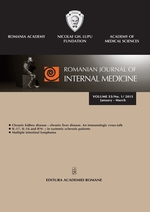 Researchers have retracted a 2017 paper exploring a novel approach to treat kidney injury, because three images were “constructed inappropriately.”
Researchers have retracted a 2017 paper exploring a novel approach to treat kidney injury, because three images were “constructed inappropriately.”
That’s about as much as we know: The retraction notice provides few details about the nature of the issue, only that the authors—most of whom work at Pennsylvania State University College of Medicine in Hershey—could not provide the original data for the recently published figures.
The paper, published in American Journal of Physiology – Renal Physiology, was retracted October 1, just over four months after appearing online in mid-May. Continue reading Where’s the data? Authors can’t support figures in 2017 kidney paper


 Circumcision is a hot topic. So hot, questions about a reviewer’s potential conflict with the author of an article promoting circumcision prompted a journal editor to resign, and one academic to call another a “fanatic.”
Circumcision is a hot topic. So hot, questions about a reviewer’s potential conflict with the author of an article promoting circumcision prompted a journal editor to resign, and one academic to call another a “fanatic.” 

 A journal has retracted the results of a clinical trial comparing strategies for bladder tumors after the authors mischaracterized the way patients were assigned to each procedure.
A journal has retracted the results of a clinical trial comparing strategies for bladder tumors after the authors mischaracterized the way patients were assigned to each procedure.
 A former postdoc at the University of Pittsburgh has admitted to committing research misconduct in published papers and in National Institutes of Health (NIH) grant applications.
A former postdoc at the University of Pittsburgh has admitted to committing research misconduct in published papers and in National Institutes of Health (NIH) grant applications.